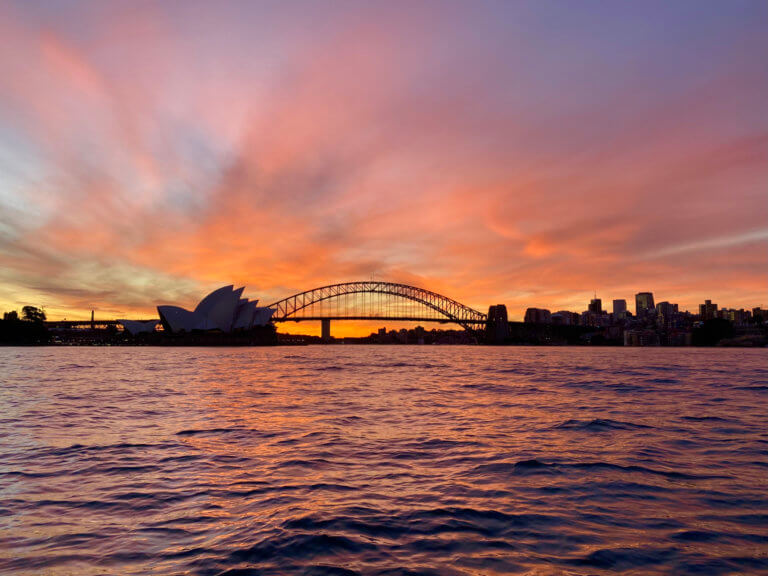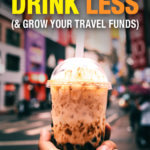Until recently, “sober” wasn't a label I envisioned wearing for prolonged periods of time. Everything in moderation has always been my approach to life. Although if I was brutally honest about my drinking, it has often been a far cry from moderate.
I've now been alcohol-free for 6 months, though I'd be lying if I said it was entirely self-motivated. I made the decision to freeze my eggs this year, and it's recommended to quit alcohol 3 months beforehand, as well as during the process.
It took putting a lot of money on the line and the motivation of working towards something bigger than myself to actually curb drinking. Having a partner do it with me was immensely helpful. Truth be told, I've made sobriety attempts before, but they all failed. I succeeded this time, and I learnt a lot.
Will I go back to drinking? In short: yes. As I write this post, I'm awaiting a shipment of wine to celebrate completing my final egg collection yesterday. That said, I think the way I drink moving forward will be very different – that's a whole other article entirely.
What I want to share here are the tips I've accumulated in going dry for the longest period of my adult life. I'm not ashamed to admit that it was hard. But hot damn did it fatten my wallet, and I feel better for it. Whether you want to reduce your booze intake or cut alcohol entirely, here are 10 tips to drink less and grow your travel funds.
1. Write out the pros of drinking less
In order to tackle any big hurdle in life, you have to want to do it. A quick list of the pros of drinking less (and the cons of continuing to drink) is a great place to start. You want to make it glaringly obvious why you're doing this in the first place.
Here are some pros of reducing or curbing drinking entirely. Try expanding on this list. You may wish to put these “pros” on sticky notes or somewhere you can see them:
- Saves a lot of money (for that dream trip or weekend getaways) – apps like Drink Less which tell you how much money you spend on a drink, serving as motivation to save
- Able to remember conversations and people
- Healthier (alcohol affects almost every organ in the body)
- Don't have hangovers
- Don't have “hangxiety” (the dread/anxiety that comes the morning after a night of heavy drinking)
- In line with short or long-term goals (e.g. starting a business, engaging in more hobbies, waking up earlier, sleeping better, getting fit)
See what you can add to that list. I'd challenge you to write up cons as wel – you'll probably be surprised just how many there are.
2. Replace alcohol with other drinks
Like any temptation in life, once a habit is stopped, your body will crave something to replace it. Substitute alcohol with other booze-free beverages so that you have something to hold in your hands, sip on, and be pre-occupied by.
Bars and restaurants are gradually expanding their alcohol-free repertoire. That said, they may not always be listed, and I've found bartenders are sometimes happy to devise their own mocktails, so ask. Here are some ideas:
- Soda or tonic water with lime (bonus: looks like a G&T if you don't want to be asked by others why you aren't drinking)
- Freshly squeezed juice
- Alcohol-free beer or wine
- Kombucha or water kefir soda
- Shrub (a fruit liquer)
- Coffee/Tea/Soda/Electrolyte solution
- Bubble tea, slushies, milkshakes
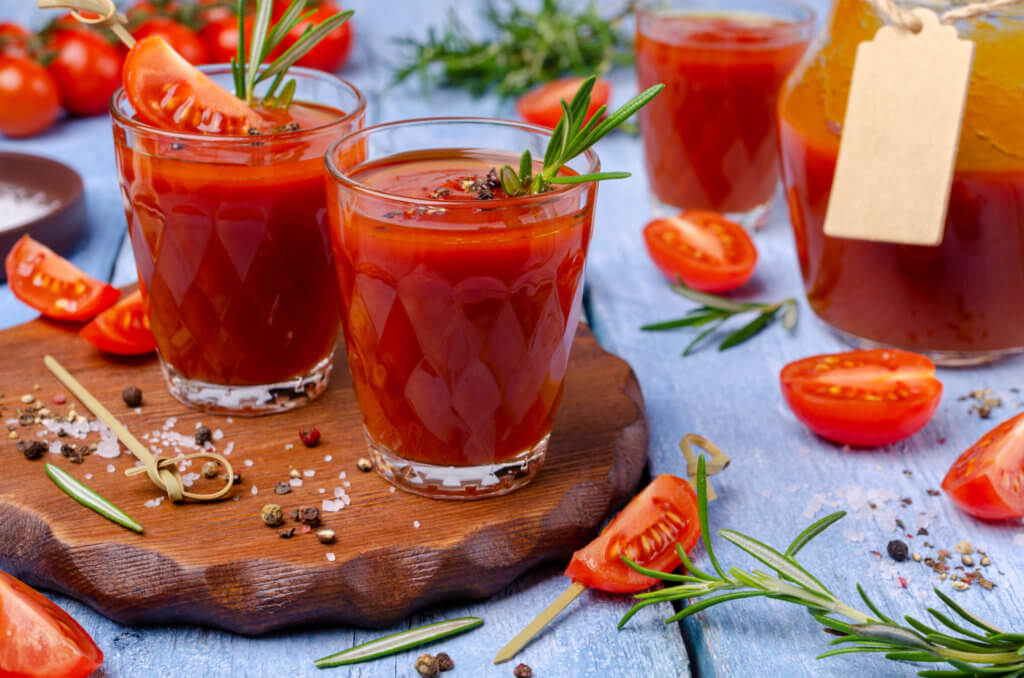
3. Use positive reinforcement
Humans are rewards-based creatures. And guess what? Even as an adult, it's hella satisfying to get stickers and treats for a job well done.
Important point here: create specific, timely rewards for desired behaviour. Choose exactly when you will get the reward (e.g. after 14 days of sobriety), and what the reward is (e.g. $10 of treats from the bakery). Don't be vague and/or fail to deliver your reward on time, as it dilutes the impact of the reinforcer.
I recommend having regular small rewards to keep you going (rather than big one at a finish line that's far away). You could make these travel-specific, such as buying yourself a snazzy suitcase organizer or show tickets for an upcoming trip. Ensure the rewards are reasonable in regards to the intended outcome (e.g. don't book a $800 flight for a three days of being sober).
A calendar with stickers for each day of sobriety is visually encouraging. Digital versions abound, and apps like Drink Less will tell you how many days you've been sober, how much you've saved by not drinking, etc. Consider other visual encouragements, like changing your phone lock screen to a destination you want to visit or an inspirational quote. Don't underestimate the value of giving yourself a pat on the back for small steps, it really does work.
4. Hide your booze
Out of sight, out of mind is a timeless adage for a reason. Us humans are visual beings, and there is no shame in embracing this fact and stashing your booze away. It is the first step I took to curb my drinking.
You may take this one step further and tuck away paraphernalia like cocktail shakers, shot glasses, or wine glasses. I invested in some nice crystal glasses specially for mocktails (because to be honest, drinking kombucha from a wine glass initially just made me miss wine).
Put alternative drinks out on display – a beautiful box of tea, a coffee machine, a hot chocolate station, a soda water dispenser with fun syrups and mixers. Give yourself enticing visuals that aren't booze.
5. Urge surf
Often we drink because we just have to; our desire is so intense and visceral, we can't stand the feeling of going without a drink for another moment longer. Unbearable urges accompany many cravings – smoking, nail biting, mindless social media scrolling, eating when we're full, etc. and can be tackled using a technique called “urge surfing”.
Urge surfing is sitting with the discomfort of cravings and riding it out (think of surfing on a wave). When you have a craving, do a body scan and think about where you feel the urge (e.g. chest, legs, or fingers), what it feels like (creepy crawly, burning). Just notice the feelings without judgment.
Next, challenge yourself to sit with those feelings and ride out the urge in intervals, e.g. “I'll wait here at least 1 minute before I go up to order a drink”, or “I'll go to the bathroom and tie up my shoes before I order a drink”. Over time, you'll be able to ride thse urges for much longer.
Distraction is really useful when urge surfing – pull out your phone and look at Instagram, check your e-mail, step outside, or write a message to a friend. Taking your brain somewhere else for even 1-2 minutes can be enough to squash the intensity of your urge. And that alone can give you the willpower to decline a drink you didn't need.
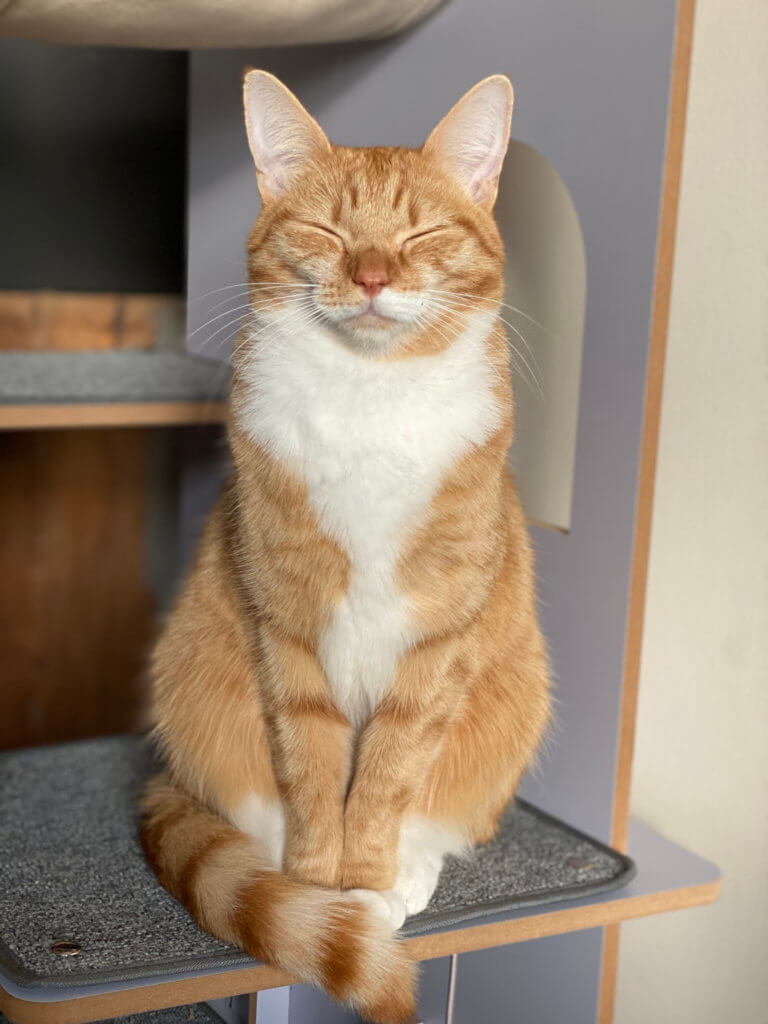
6. Set a drink limit and stick to it
If you want to drink less, you need to first take an honest look at exactly how much you're drinking in the first place. In my experience, staring these facts in the face is both confronting and effective. It's also important to know what a standard drink really is (hint: a lot less than you thought) – use a calculator or visual to understand how much you're really consuming.
You can then track consumption using a calendar or app (try Less Drinks), writing whether you've drank that day (with a simple Y/N) and/or writing how many drinks you consumed. Next, plan out your goals. How many drinks is reasonable to you? Is this a blanket weekly/monthly limit, or will you determine this on a case by case basis? Do what's in line with what your goals, not anyone else's.
Be sure to set a feasible number for where you're at. Consider starting small so you can celebrate wins rather than repeatedly missing targets. Always decide on your limits before you start drinking. Be present in counting drinks when you're out. This will help you recognize as you hit your limit – which will decide what you order next (dessert!), how long you stay, and so on.
Finally, you could also consider being a designated driver to stick with drink limits, but only do this if you will not exceed the legal limit.
7. Avoid people and events that make you want to drink
If this seems antisocial, let me remind you: your health and longterm goals take precedence over the opinions of others. Keep in mind, you don't have to sever relationships entirely; in lieu of attending house parties you can grab brunch or organize a booze-free playing games or watching movies. If your friends aren't interested in that sort of thing, take this as an opportunity to branch out from your social circle.
As with quitting alcohol, the empty spots in your calendar once filled by boozy events should be replaced with something else. This is the perfect time to indulge in something new – hiking, pickling, roller skating, kombucha making, knitting, volunteering, pole dancing. Nearly any class or hobby will be cheaper than regular nights out drinking, plus be much better for you.
8. Surround yourself with sober encouragement
You don't need to be an alcoholic to benefit from reassuring words and people to keep you in line with your sobriety goals. Some useful resources include:
- Instagram: Sober Girl Society, A Sober Girls Guide, The Mindful Mocktail
- Facebook groups: Soberful
- Podcasts: Do You Fucking Mind (general self-help/encouragement)
- Reddit: Stop Drinking, Sober
- Books: Naked Mind, The Alcohol Experiment, Sober Curious (book and workbook)
- Apps: I Am Sober, Sober Grid amongst others.
- Subscription platform: One Year No Beer, The Alcohol Experiment
Surround yourself with sober friends or even a buddy who wants to do it too. Don't have any? Do a callout on social media to organize sober activities like walks, movie nights, or virtual games sessions. I've found there to be a big interest in sober-type events (I think in part due to lockdown/Covid). I've been co-leading a games group where we play virtual Catan (free) and Escape Rooms which made sober lockdown in Sydney much more enjoyable.
9. Consider therapy
Here's an inconvenient truth: many of us use alcohol as a coping mechanism. You don't need to be hitting the bottle every day for this to be true. Alcohol is often used to numb pain, anxiety, and depression. Of course, it's not a healthy or sustainable way of dealing with our inner demons.
I want to emphasize: you do not need to be at the end of your rope to go to therapy. Anyone can benefit from healthy coping skills and offloading the stresses of being alive. Therapy was a massive help in my sobering up and navigating a break-up, amongst other things. I can't speak enough about how helpful therapy can be.
10. Make your own booze-free bevs
There's something satisfying about enjoying a culinary creation you've made yourself. For one it's empowering, but it also provides you with a new hobby to keep busy.
My own sobriety got me brewing more kombucha than ever, doubling as a fun isolation activity to do with my partner plus producing alcohol-free drinks for us to enjoy. We devised “kombeercha” (kombucha with hops), coffee ‘booch (reminscent of espresso martini) and a whisky-like ‘booch using smoked tea. I even began teaching kombucha brewing workshops through my business, What The Ferment. You can check out some of my own mocktails on my Instagram.
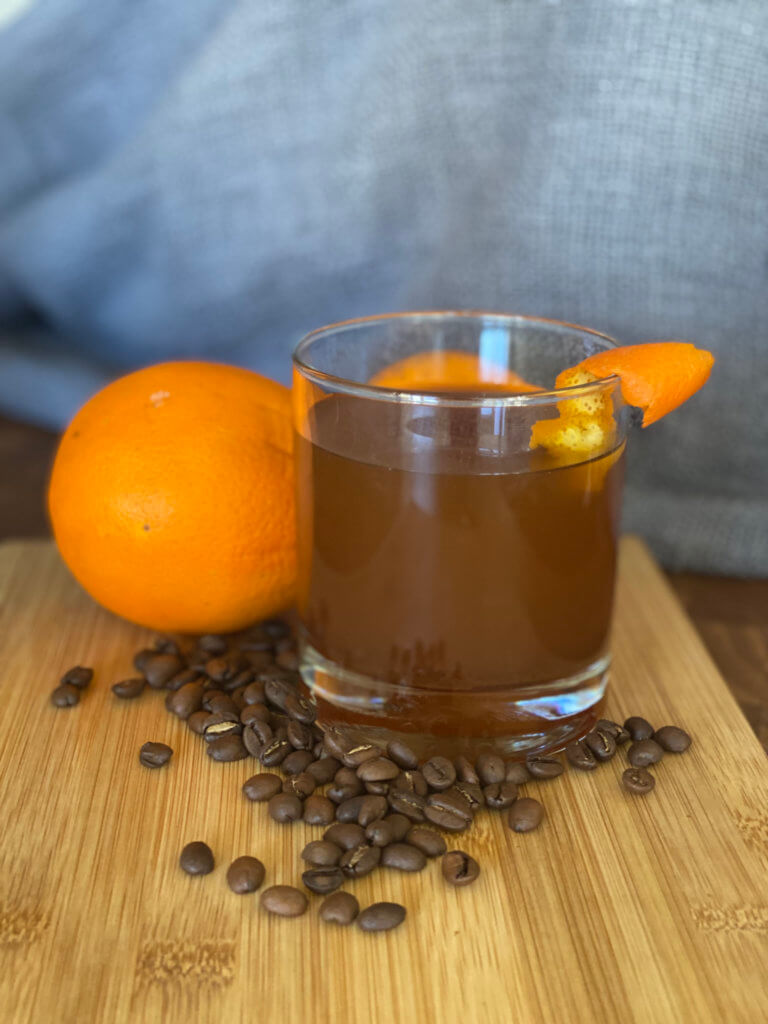
For mocktail inspiration, just Google “mocktail recipes”, invest in a mocktail recipe book, or follow social media accounts like The Mindful Mocktail for ideas. My favourite mocktail is a Virgin Bloody Mary, as easy as V8 juice, kimchi juice, a splash of Worcestershire sauce, cracked pepper and a squeeze of lemon.
Whatever you do…. don't give up!
If you fall off the horse, don't take it as an excuse to not even try getting up again. Having one drink doesn't mean you should abandon all efforts and have five. Similarly, drinking on a night you weren't meant to doesn't mean you have to quit sobriety altogether.
Getting sober is a journey. Give yourself the compassion you'd lend a friend who is trying to do what you're doing. If you make a misstep, remember, it's never too late to start over. Keep at it, it gets easier, and it's worth it.
The Thrifty Gist
- Replace alcohol with booze-free alternatives like kombucha, juice, soda, mocktails
- Urge surf: identify how urges feel in your body and ride them out like surfing on a wave
- Use positive reinforcement as encouragement along the way
- Avoid people or places that make you want to drink, replacing with sober friends, activities, and events
- Set definitive drink limits and track how much you're drinking
- Surround yourself with sobriety encouragement through books, social media, and friendships
- Consider therapy: not necessarily for sobriety specifically but to develop healthy coping mechanisms and to ease the stresses of life that make you want to drink


